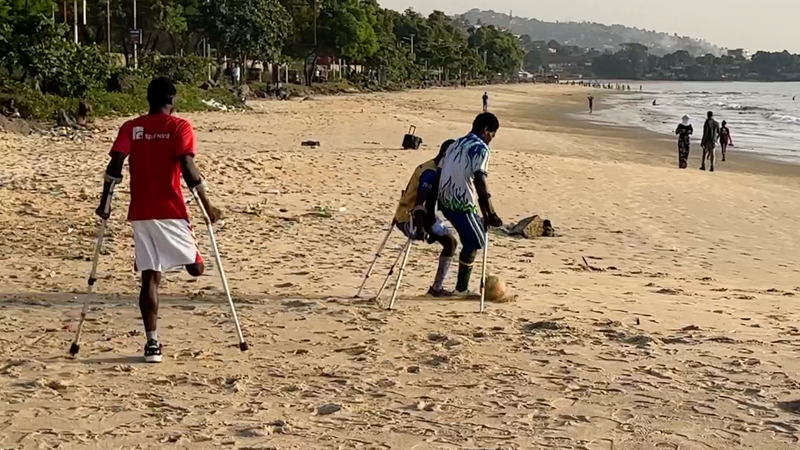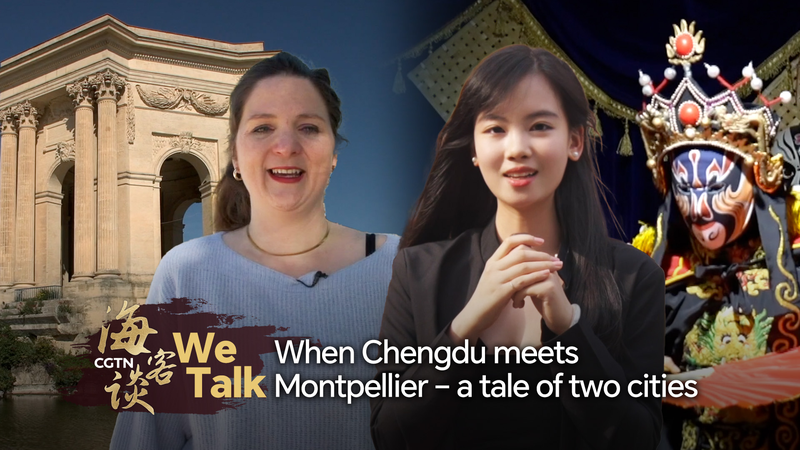In 2021, the world witnessed firsthand the devastating impacts of climate change, from severe flooding in China to the deadliest rainfall in Germany in two centuries. Wildfires ravaged Greece, Turkey, and even the polar regions of Siberia, affecting millions globally. These extreme weather events underscored the urgent need for climate action.
As the 26th UN Climate Change Conference of the Parties (COP26) convened in Glasgow, summit president Alok Sharma faced immense challenges. Bringing together nearly 200 nations to unify their efforts amidst a polarized global landscape shaped by the COVID-19 pandemic was no small feat.
One of the summit's central issues was the growing divide between wealthy, developed nations and developing countries. While developed nations advocated for aggressive emission reduction targets, developing countries called for more financial assistance and extended timelines to meet these goals. Representatives from smaller parties consistently emphasized that historically, developed countries have contributed the most to global emissions and should therefore bear a larger responsibility in mitigating climate change.
Sharma highlighted the pivotal role of the G20, stating, \"I have called for the G20 to play their part. Ultimately, this is a group of nations that represents 80 percent of global emissions, and therefore whilst we all must play our part, they can make, or indeed break the hope of keeping 1.5 within reach.\" His remarks set the tone for a summit striving to balance ambitious climate goals with the realities of global economic disparities.
Reference(s):
cgtn.com




